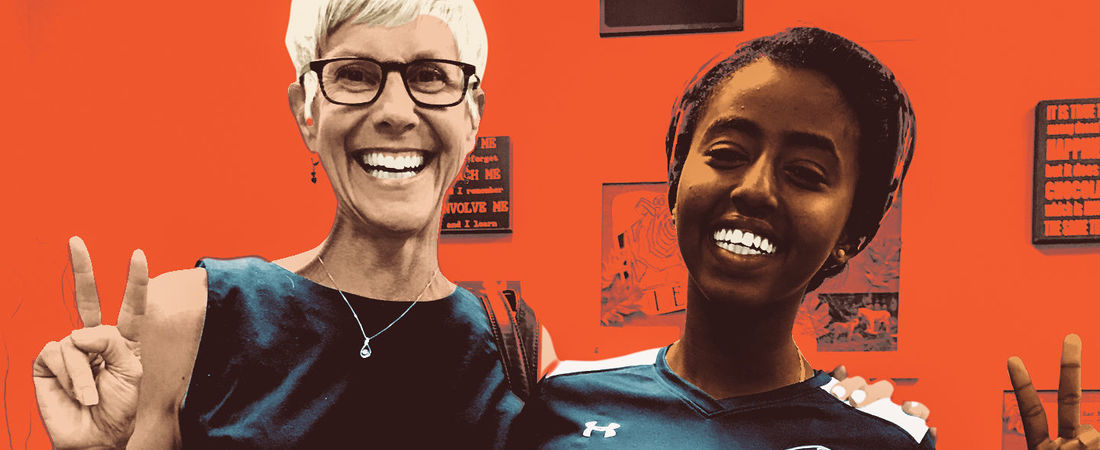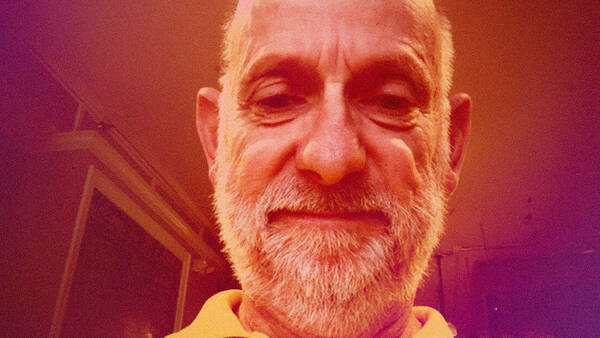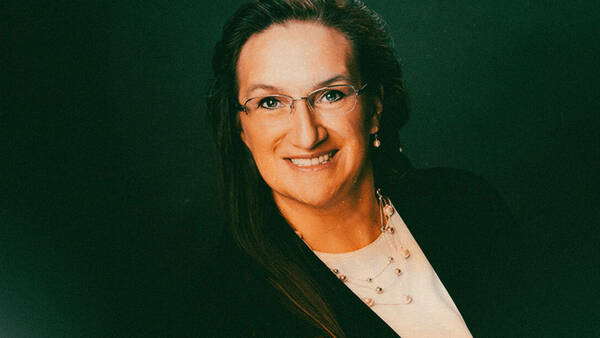Several years ago, Ginny Mikita ’91 J.D. realized she could no longer continue her work, which left her hurting.
Years of representing children in domestic abuse and neglect cases had taken its toll on the Rockford, Michigan attorney. She saw children who, despite their circumstances, wanted nothing more than to return to their parents.
“I did that work in the domestic foster care world for 14 years, and I got to a place where it was just too challenging for my heart,” Mikita says. “For me, the issue was what we did with those kids once they were made wards of the court. I felt like we were re-victimizing them by placing them in multiple foster homes, in broken adoptions, and oftentimes in homes that were really just a hair’s breadth better than their homes of origin. So for me it was more about what happened once they were in the system that was absolutely killing me.”
When she told a local judge she would no longer take these cases, the judge asked her if she would consider working with refugees and unaccompanied minors. That question led Mikita to find a new calling, one that would allow her to help children who had suffered greatly—hundreds so far—find a fresh start and move forward with their lives.
“The difference in where these children are at, despite what they’ve been through,” Mikita says, “is that their future is so much brighter than their past.”
Mikita makes sure of that. She works with a fairly even mix of refugees— from countries like Eritrea, Sudan, the Democratic Republic of Congo, and Myanmar—and unaccompanied minors, mostly from Guatemala, Honduras, and El Salvador.
“They’re coming from places where they’ve witnessed the gruesome murders of their parents, or they’ve been on the run,” she says of the refugees. “What they go through is unimaginable to us in this place of privilege that we inhabit.” And the unaccompanied minors, she notes, “are making these horrendous journeys through the desert and on trains and on buses and with coyotes,” or smugglers.
But once the children are in her community, Mikita makes sure they have the representation they need to navigate their new lives. That can mean getting a name corrected on state documents so it doesn’t negatively affect immigration proceedings. It can entail fighting for court orders that allow children to get surgeries or travel out of state with their foster families for spring break. It has involved meeting with school principals about educational needs, getting in touch with a case worker after children were wrongfully stopped for shoplifting, and helping a young woman deal with discriminatory remarks at her job. She has represented children as young as five, but her typical clients are teens.
Mikita works with a family services agency that handles treatment plans for children. Such plans cover everything from their living situation to their education and medical treatment to their cultural and religious needs. “We have to look at their cultural identity. Is it being nurtured?” she says. “Are there things we can do to preserve this child’s ability to speak his or her native language or to worship in their faith tradition?”
After just a few years, she is already seeing the fruits of her work.
“In terms of outcomes, my kids are just starting to graduate and move into their young adult years,” she says. “I have a few now who are in college and doing extremely well. I’m just so delighted.
“They stay in touch. I get texts periodically. They’ll just check in and see how things are going. It’s pretty incredible. I’ve had a couple of kids who have had the most horrendous backgrounds, and they’re asking about my children. And I’m thinking, how unbelievable that these kids can see beyond themselves at this young age, and be able to be empathic when they have been through so much themselves. So it’s pretty special.”
And the work continues to energize her. Mikita, who practices in a law firm with her husband, Robert Kruse, says she has a hard time imagining how she would someday retire from what has become a calling.
“I love my work,” she says. “It’s hard for me to imagine not doing this. It’s just not on my radar. That’s one of the beautiful things about this, is that I’ve managed to land in a place where I’m so deeply happy.
“I feel like it’s such a privilege. I am so deeply honored to be able to represent these kids, and so humbled by them.”



